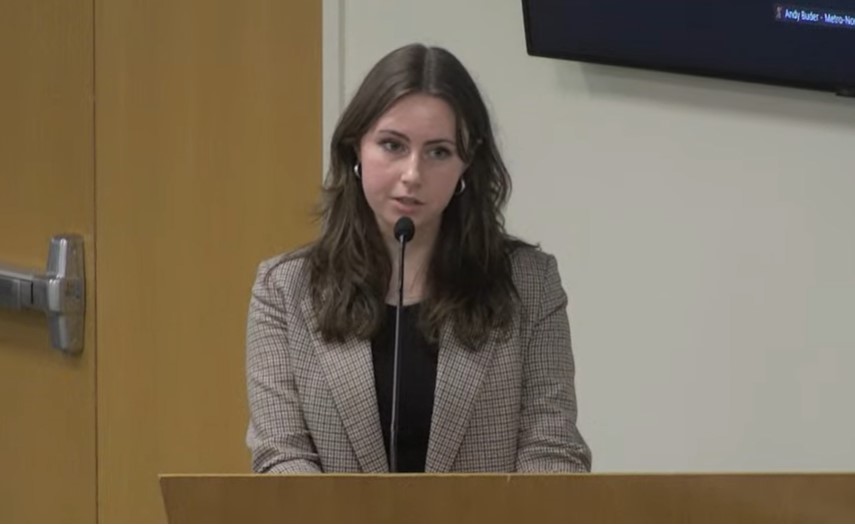Good afternoon. I’m Kara Gurl, Planning and Advocacy Manager at the Permanent Citizens Advisory Committee to the MTA (PCAC).
As the November Financial Plan comes out this week, we’re relieved that riders no longer need to look in horror at red ink and fiscal cliffs that could have meant major service cuts or drastic fare hikes. Instead, the picture is looking better than it has in years. Thanks to the Governor and state legislature, riders are enjoying service improvements on many Subway lines and a much lower fare increase that we’d initially thought. It’s great that the MTA won’t have to continue the annual tradition of going to Albany to beg for funding. The MTA is an essential public service and should be treated that way.
We’re cautiously optimistic about many of the less consistent funding streams dedicated to the MTA in this year’s budget, as the Citizens Budget Commission has shared—casino revenue and more volatile taxes, to name a few—and look forward to seeing more of the MTA’s operating efficiencies play out. Streamlining and improving MTA processes to save money and become more efficient will help riders and workers alike.
We were also glad to see that across the board, farebox recovery ratios and farebox operating ratios are generally higher than forecasted—potentially because of some strong ridership days this year. Ensuring a strong return to ridership by giving riders a fast, reliable trip will help make sure that riders continue to choose transit for work, leisure, and everything in between.
But the picture isn’t all rosy: we need congestion pricing over the finish line, or we risk financial impacts across the transit system. Of course, congestion pricing funding is—and should be—lockboxed for critical capital investments that will help build and rebuild our system. But every lawsuit and delay creates risks to capital project funding, which in turn leads to an increase in debt and more pressure on the operating budget. Not to mention, putting off critical repair projects only increases their costs and stretch funding thinner when it does arrive.
We can’t afford to wait any longer for congestion pricing, and we can’t let the operating budget get caught in the crosshairs.
Thank you.
